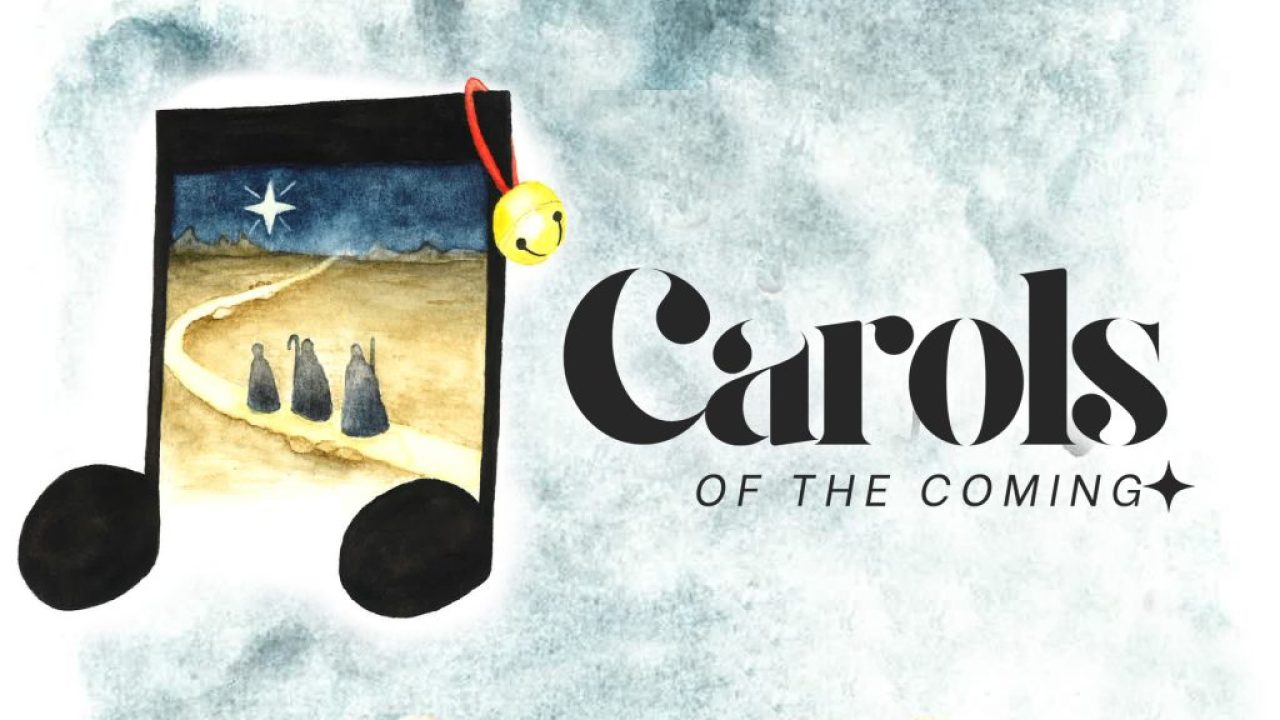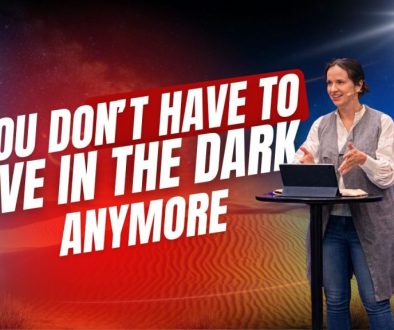Carols of the Coming Part 2: O Come, O Come Emmanuel
by Open Arms Community Church in Bradford, PA
This past Sunday, Pastor Zoe Hatcher delivered a rich and moving sermon as part of the Carols of the Coming series. Drawing inspiration from the ancient hymn “O Come, O Come, Emmanuel,” Pastor Zoe took us on a journey through scripture and history, showing how this beautiful song ties together the prophetic anticipation of Christ’s first coming, the unity of the church across generations, and our longing for His return.
O Come, O Come, Emmanuel: A Timeless Call for Christ’s Presence
“‘O Come, O Come, Emmanuel’ is one of the oldest hymns we sing during the Christmas season,” Pastor Zoe began. “It dates back to the 9th century, written in Latin during a period when much of church life was steeped in monastic tradition.” She explained that its original form included seven sentences, or antiphons—short phrases sung before biblical psalms or canticles—designed to prepare believers’ hearts in the seven days leading up to Christmas.
O come, O come, Immanuel,
and ransom captive Israel
that mourns in lonely exile here
until the Son of God appear.
Rejoice! Rejoice! Immanuel
shall come to you, O Israel.O come, O Wisdom from on high,
who ordered all things mightily;
to us the path of knowledge show
and teach us in its ways to go.Rejoice! Rejoice! Immanuel
shall come to you, O Israel.O come, O come, great Lord of might,
who to your tribes on Sinai’s height
in ancient times did give the law
in cloud and majesty and awe.Rejoice! Rejoice! Immanuel
shall come to you, O Israel.O come, O Branch of Jesse’s stem,
unto your own and rescue them!
From depths of hell your people save,
and give them victory o’er the grave.Rejoice! Rejoice! Immanuel
shall come to you, O Israel.O come, O Key of David, come
and open wide our heavenly home.
Make safe for us the heavenward road
and bar the way to death’s abode.Rejoice! Rejoice! Immanuel
shall come to you, O Israel.O come, O Bright and Morning Star,
and bring us comfort from afar!
Dispel the shadows of the night
and turn our darkness into light.Rejoice! Rejoice! Immanuel
shall come to you, O Israel.O come, O King of nations, bind
in one the hearts of all mankind.
Bid all our sad divisions cease
and be yourself our King of Peace.Rejoice! Rejoice! Immanuel
shall come to you, O Israel.
A Hymn Rooted in History
These antiphons each invoked a name or title for Jesus, including O Sapienta (Wisdom), O Adonai (Lord), O Radix Jesse (Root of Jesse), O Clavis David (Key of David), O Oriens (Dayspring), O Rex (King), and finally, O Emmanuel (God with us). “When read backward, the first letters of these names spell ‘SARCORE,’ a Latin acrostic that declares, ‘Tomorrow, He will be present.’” Pastor Zoe marveled at the way this liturgical riddle reflected the monks’ anticipation of Christ’s birth.
Rooted in Old Testament Prophecy
One of the hymn’s most profound messages is how it centers us in the Old Testament prophecies of Christ’s coming. “The hymn is full of references to the Messiah,” Pastor Zoe explained. “It teaches us to see the Old Testament as God’s unfolding plan to prepare us for Jesus.”
For instance, she highlighted Isaiah 7:14, which says:
“Therefore the Lord Himself will give you a sign: The virgin will conceive and give birth to a son, and will call him Emmanuel.”
This prophecy from Isaiah reminds us of the miraculous nature of Christ’s birth—a Savior born of a virgin, destined to be “God with us.” Zoe added, “This hymn invites us to reflect on these truths and helps us to remain rooted in God’s promises.”
Moving to Isaiah 11:1-2, she elaborated on the stanza that calls Jesus the “Rod of Jesse”:
“A shoot will come up from the stump of Jesse; from his roots a Branch will bear fruit. The Spirit of the Lord will rest on him—the Spirit of wisdom and of understanding, the Spirit of counsel and of might, the Spirit of the knowledge and fear of the Lord.”
“Jesse was King David’s father,” Pastor Zoe explained. “Jesus is the fulfillment of this prophecy, coming from the lineage of David, yet also the Creator of that lineage. He is both the root and the branch—God and man, the source and the fulfillment.”
The hymn also celebrates Jesus as the “Key of David,” referencing Revelation 3:7-8:
“To the angel of the church in Philadelphia write: These are the words of him who is holy and true, who holds the key of David. What he opens no one can shut, and what he shuts no one can open. I know your deeds. See, I have placed before you an open door that no one can shut. I know that you have little strength, yet you have kept my word and have not denied my name.”
“Jesus holds the keys to salvation,” Pastor Zoe reminded us. “With His death and resurrection, He opened the door to eternal life for us—a door no one can close.”
Rooted in Church History
The hymn not only grounds us in scripture but also connects us to the rich history of the church. “It’s incredible to think that this hymn, written in the 9th century, has been sung by millions of Christians across nations, languages, and centuries,” Pastor Zoe said. She drew from Ephesians 1:9-10, which speaks to the unity of all things under Christ:
“He made known to us the mystery of his will according to his good pleasure, which he purposed in Christ, to be put into effect when the times reach their fulfillment—to bring unity to all things in heaven and on earth under Christ.”
“The hymns we sing today are not just songs,” she continued. “They’re acts of worship that connect us with believers past and present. They’re a reminder that our faith unites us as the body of Christ, transcending time and space.”
Zoe also quoted 1 Peter 1:10-12, reflecting on the prophets’ anticipation of Christ’s coming:
“Concerning this salvation, the prophets, who spoke of the grace that was to come to you, searched intently and with the greatest care, trying to find out the time and circumstances to which the Spirit of Christ in them was pointing when he predicted the sufferings of the Messiah and the glories that would follow. It was revealed to them that they were not serving themselves but you, when they spoke of the things that have now been told you by those who have preached the gospel to you by the Holy Spirit sent from heaven. Even angels long to look into these things.”
“What a beautiful thought,” Pastor Zoe mused. “That even the angels were eager to see God’s plan unfold, and yet God chose to reveal these truths to us—His church, His bride.”
A Timeless Longing
Above all, this hymn speaks of longing—not only for Christ’s birth but also for His return. As Pastor Zoe put it, “‘O Come, O Come, Emmanuel’ isn’t just about remembering that Jesus came; it’s about yearning for Him to come again.”
This yearning, she explained, is captured in Acts 10:42, where Peter declares:
“He commanded us to preach to the people and to testify that he is the one whom God appointed as judge of the living and the dead.”
“Even as we celebrate Jesus’ first coming,” Pastor Zoe reminded us, “we’re called to live in expectation of His return. And in this season of Advent, we sing with hope and anticipation, ‘O Come, O Come, Emmanuel.’”
O Come, O Come, Emmanuel: A Timeless Call for Christ’s Presence
Continuing the theme of Advent and the anticipation of Christ’s coming, Pastor Zoe Hatcher emphasized the deep difference between nostalgia and expectancy in our faith. “Nostalgia is a longing for what was,” she said, “but expectancy is a hope—a hope for what is to come. It’s an excitement for the future.”
Living with Expectancy
Pastor Zoe explained that expectancy comes from a place of recognition that we do not yet have everything we need or desire. “Expectancy is about living in the middle of longing. It’s the anticipation that what we’re waiting for will come, and it will be better than what we have now.” This message, she said, aligns perfectly with the repeated cry of “O come, O come, Emmanuel.” We are not just reflecting on the past or wishing for what we once had; we are actively waiting for Christ to return, bringing the fullness of His kingdom.
This sense of expectancy, she noted, is one filled with hope. It’s not a passive waiting but an active longing for the fulfillment of God’s promises. The hymn “O Come, O Come, Emmanuel” is a repeated declaration of faith: “We want You to come. We believe that You will come.” This belief is rooted in the hope that Jesus will indeed return to make all things right, to wipe away every tear, and to restore the brokenness of the world.
Pastor Zoe referenced Revelation 21:2-7, a passage that describes the glorious future where Christ’s kingdom will fully be established, and all things will be made new:
“I saw the Holy City, the new Jerusalem, coming down out of heaven from God, prepared as a bride beautifully dressed for her husband. And I heard a loud voice from the throne saying, ‘Look, God’s dwelling place is now among the people, and He will dwell with them. They will be His people, and God Himself will be with them and be their God. He will wipe away every tear from their eyes. There will be no more death or mourning or crying or pain, for the old order of things has passed away.’
He who was seated on the throne said, ‘I am making everything new!’ Then He said, ‘Write this down, for these words are trustworthy and true.’
He said to me, ‘It is done. I am the Alpha and the Omega, the Beginning and the End. To the thirsty I will give water without cost from the spring of the water of life. Those who are victorious will inherit all this, and I will be their God, and they will be My children.'”
“What a promise!” Pastor Zoe exclaimed. “Jesus is coming, and when He does, He will make everything right. Do we believe that today?” The imagery in this scripture paints a picture of perfect restoration—no more pain, no more tears, no more death. All will be made new.
Longing for Home
The theme of longing, especially in the context of the holiday season, was woven throughout Pastor Zoe’s message. She referred to a beautiful definition of nostalgia as “longing for home.” “At Christmastime, we often experience this longing for home,” she said, “whether it’s the warmth of familiar faces, the comfort of family traditions, or the smell of a home-cooked meal. These moments make us feel connected to something deeper, something we desire and yearn for.”
She asked the congregation, “Are we longing for our true home? Are we longing for Christ’s return, the ultimate fulfillment of that homecoming?” Pastor Zoe shared that this hymn, with its repeated cry of “O Come, O Come, Emmanuel,” echoes the deep longing of our
souls for that perfect, eternal home with Christ.
This longing for home is not just about nostalgia for the past, but about the hope of an eternal, unshakeable future with God. Pastor Zoe connected this idea to Philippians 3:20-21, where Paul writes:
“But our citizenship is in heaven. And we eagerly await a Savior from there, the Lord Jesus Christ, who, by the power that enables Him to bring everything under His control, will transform our lowly bodies so that they will be like His glorious body.”
“We were made for a different kind of home, a home where we are fully known, fully loved, and made whole,” she explained. “That is our true home, and that is the hope we hold on to—Jesus will come and take us home to be with Him.”
Living in the Tension of the Now and the Not Yet
Pastor Zoe then transitioned to reflect on the tension that believers live in: we are caught between the “already” of Christ’s first coming and the “not yet” of His return. We can see the Kingdom of God at work in the world today, but we are not yet experiencing its fullness. “We are living in the in-between,” she said. “We know what Jesus did on the cross, and we know that He will return to fully restore all things. But right now, we are waiting, longing, hoping.”
She acknowledged the brokenness that many of us face in our lives, from personal struggles to societal challenges. These experiences of brokenness serve as constant reminders that we are not yet whole, that we are waiting for Christ’s return to make all things right. Yet in the midst of this, there is also a call to participate in bringing God’s Kingdom here and now, through love, justice, and faithfulness.
In closing, Pastor Zoe emphasized the idea of communion as a way of reflecting on this tension. “As we come to the table today,” she said, “we remember both Christ’s first coming and the promise of His second. We’re in the in-between, but we are not left without hope.” She invited the congregation to take part in communion, a tangible reminder of Christ’s sacrifice, while also looking forward to the day when we will feast with Him in the fullness of His Kingdom.
“We can sing this hymn, not just at Christmastime but all year long, as an act of expectancy and longing,” Pastor Zoe concluded. “We can sing it with the hope that our true home is coming, and that one day, we will be with Jesus face to face. So, as we prepare our hearts for communion, let us reflect on the home we long for—the home we were created for, and the home that Jesus is preparing for us.”
With hearts full of anticipation, the worship team led the congregation in a time of communion, and the congregation sang O Come Come Emmanuel together, encouraging everyone to reflect on the promises of Christ’s return and the hope of being with Him forever.




